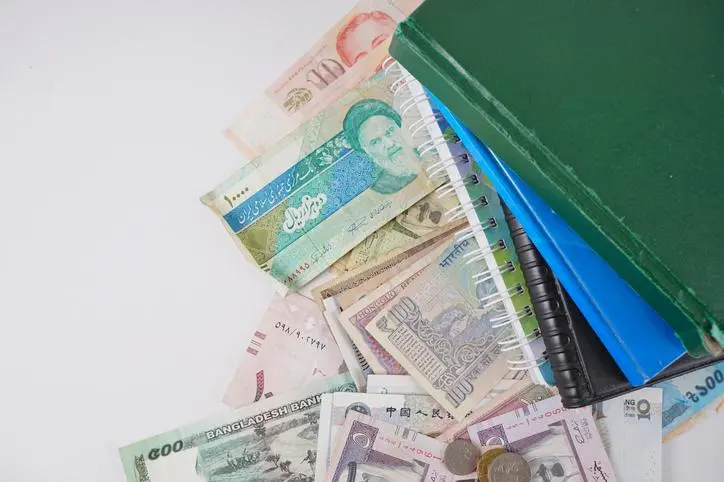PHOTO
Saudi Arabia's three largest banks, National Commercial Bank (NCB), Al Rajhi Bank and Saudi British Bank (SABB) will maintain strong profitability even as interest margins on their lending narrow because of falling interest rates, Moody’s Investors Service said.
The three banks have a combined market share of 47 percent of the country's banking assets.
"SABB will be hardest hit because it must also absorb the costs of its merger with smaller peer Alawwal Bank, and NCB will face a similar pressure if its planned merger with Riyad Bank is completed," said Ashraf Madani, Vice President -Senior Analyst at Moody's.
Riyad Bank and NCB announced in 2018 that they had begun discussions about a potential merger.
"Al Rajhi's retail focus will provide initial protection, but prolonged low rates will take their toll. Nevertheless, sound efficiency and strong capital at all three banks will protect their credit profiles," Madani added.
According to the ratings agency, fee-based income will start to stabilise over the coming quarters as fees attached to rising consumer lending and mortgages offset lower trade and foreign-exchange income. Moody’s also expects NCB to maintain its lead as largest and most stable non-interest income.
Large Saudi banks will maintain very efficient cost structures. SABB's corporate focus delivers the strongest efficiency, while both NCB and Al Rajhi carry the cost of larger branch networks to service their sizeable retail businesses, Moody’s said.
(Writing by Gerard Aoun; editing by Mily Chakrabarty)
Our Standards: The Thomson Reuters Trust Principles
Disclaimer: This article is provided for informational purposes only. The content does not provide tax, legal or investment advice or opinion regarding the suitability, value or profitability of any particular security, portfolio or investment strategy. Read our full disclaimer policy here.
© ZAWYA 2019




















